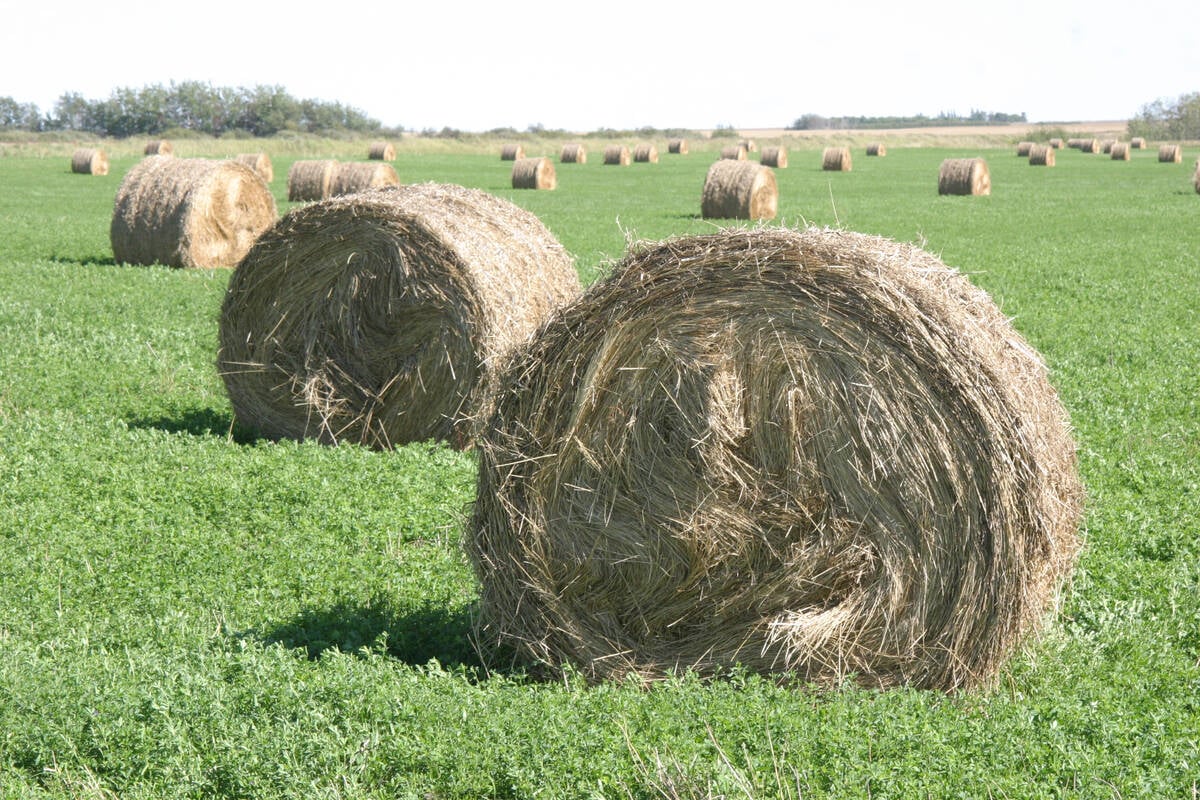Canada’s ability to trade overseas could be undermined by its openness in reporting animal health issues and disease outbreaks, says an agricultural industry consultant.
Canada gets labelled as being riddled with animal health and disease issues because it has an effective surveillance system and is transparent in reporting outbreaks, says Ted Bilyea, a former senior executive with Maple Leaf Foods and now a private consultant.
At the same time, many other countries may or may not have surveillance in place or report what they’re finding.
Read Also

Breaking down successful winter feeding into six steps
It’s that time of year when it is important to start planning for a cow herd’s winter feeding program. Here are six steps I think are necessary to consider when getting your feed tested.
“The temptation today is to back away from transparency because the consequences are so dire to industries that are export-oriented,” he said in an interview after speaking to a forum sponsored by the Canadian Swine Health Board in Saskatoon.
During his speech last week, he told 145 delegates that Canada’s pork export industry was at risk of being completely undermined by health issues.
He said the Canadian industry should launch a concerted international lobby effort, through trade negotiations and other processes, to ensure all countries adopt similar science-based surveillance and reporting practices.
“We own the high ground on this issue, and we need to bring the rest of the world along to our position,” he said in the interview.
“We need to build a political coalition in this country that sees this as a priority and links with other coalitions in other countries.”
Florian Possberg, chair of the swine health board, said he supports Canada’s policy of surveillance and transparency.
“Unfortunately it comes with a price,” he said. “It’s not followed by a lot of other trading nations, and then it gets used against us in the trading world.”
He added what happens in Canada likely happens in other pork producing countries, probably even to a greater degree, but never gets reported.
Bilyea said the OIE, the international organization responsible for animal health, must toughen its stance on transparency.
It should operate on the assumption that any countries not reporting animal health issues are either not looking, have poor surveillance systems or are suppressing information to protect their trade interests.
Countries that report a problem should be allowed to put the appropriate controls in place and than carry on business.
Countries that don’t implement proper surveillance systems and never report problems that later turn up should be prohibited from trading.
He cited the case of H1N1 detected in Spain in December 2008. Nothing was done about it and it wasn’t until it turned up in Mexico in April that it became a major health issue.
Earlier, during his speech to the conference, Bilyea said a number of factors are leading to an increase in animal health issues.
They include adaptation by microbial agents, weather and climate change, changes in the ecosystem, international travel, increased international trade of food and animals, poverty and overcrowding, more concentrated livestock production and urbanization.
In 2000, 47 percent of the world’s population lived in urban areas. By 2030, it’s expected to reach 60 percent.
Many of those urban areas, especially in developing countries, are in close proximity to highly concentrated and intensified livestock operations.
“You can’t expand and concentrate agriculture worldwide without running into big, big problems,” he said.














